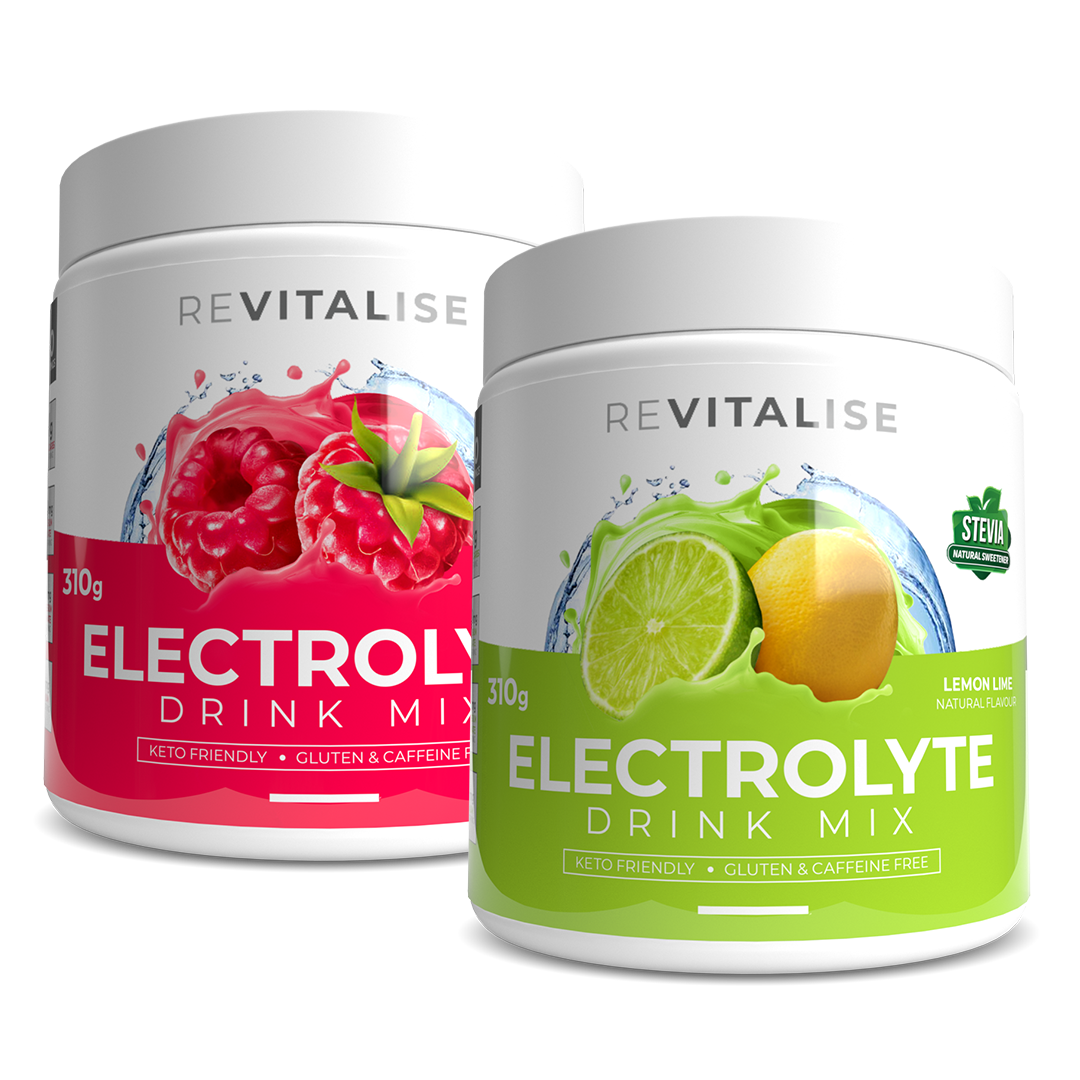One of the most overlooked minerals for our general health is chloride. This unpopular mineral is generally consumed in the form of sodium chloride, a fancy name for sea salt.
Chloride is absorbed by the intestines and eliminated via the kidneys. The most critical role chloride plays in your health is to keep your body’s pH levels more neutral. It reduces the acid and alkaline levels to keep you pleasant and neutral. Chloride is mainly found in your body’s extracellular fluid, where blood plasma is found. By eliminating chloride via the kidneys, the kidneys regulate the acid-base balance by removing or retaining the chloride.
Below of some of the incredible benefits chloride has to offer.

Benefits of Chloride
1. Aids In Digestion
Chloride forms hydrochloric acid in your stomach. Hydrochloric acid is responsible for stomach gastric juices. Hydrochloric acid maintains the acidic nature of your gastric juices and eliminates harmful bacteria from your food. Essentially chloride helps break down food and performs digestion effectively due to its acidic properties.
2. Supports Your Nervous System
Nerve cells communicate with each other using electrical impulses. The cells exchange charged ions with their environment to create such an impulse. Chloride ions play an essential role in the firing of neurons. Chloride also assists with keeping cells at the proper pH, with the correct balance of positively and negatively charged particles. It is vital to have a healthy nervous system as it supports functions such as breathing and regular heartbeat.
3. Metabolism
We all want a healthy metabolism. Chloride is absorbed from your food and goes directly into your intestines. Chloride is then used to make the hydrochloric acid in your stomach, breaking down food. If, for example, you have low chloride levels and, therefore, low acid, your body will struggle to break down the food and absorb the needed nutrients. Another function Chloride has to assist the liver during the ‘cleaning process’. Chloride aids the liver in effectively removing waste products from the body.
4. Regulates Body Fluids
As mentioned, chloride works in conjunction with sodium to keep the proper balance of fluids and pressure in cells. Additionally, chloride helps keep the mucus in your organs, such as the lungs, pancreas, and liver, at the correct consistency. For example,
5. Overall Physical Health
Chloride is used in so many bodily functions and contributes to the state of your overall health. When your electrolytes are balanced, especially chloride, your physical fitness may improve. Cells in your immune system use chloride to make hypochlorous acid, which helps protect the body from unwanted bacteria and viruses. Since chloride aids in balancing pH levels, your systematic muscle functionality improves, which helps with your stamina.
Too Little Chloride
Being deficient in chloride is rare. However, it can happen. Hypochloremia is the official term for chloride deficiency and can have numerous health detriments. Here are a few warning signs that you may be low on chloride:
- Fluid loss
- Dehydration
- Weakness or fatigue
- Difficulty breathing
- Diarrhoea or vomiting, caused by fluid loss
There may be underlying conditions that may cause Hypochloremia, including issues with your kidneys. Be sure to chat with a medical practitioner if you experience these symptoms.
Too Much Chloride
On the other hand, there is always the chance you can have too much chloride. This condition is known as Hyperchloremia. This can be very serious and have long-lasting effects. Here are some warning signs that there is too much chloride in your blood:
- Fluid retention
- High blood pressure
- Muscle weakness, spasms, or twitches
- Irregular heart rate
- Confusion, difficulty concentrating, and personality changes
- Numbness or tingling, especially in the fingers
- Seizures and convulsions
There are a variety of factors which can contribute to Hyperchloremia. This can include too much salt intake, fever and even diabetes. To prevent serious side effects, chat with your doctor if you experience any of these symptoms.
Mmm – Consume More Chloride
A healthy, balanced diet is your best shot at keeping those chloride levels within the normal range. Here are the Top 10 chloride-rich foods you can easily add to your diet:
- Table salt and sea salts
- Olives
- Tomatoes
- Seaweed
- Celery
Of course, it’s not always easy to know how much chloride we are getting in, so electrolyte drinks (such as ReVitalise) are an excellent way to ensure you get in the right amount. It will also regulate sodium levels, which balance chloride levels.

To Sum Up
Chloride has far-reaching benefits, including aiding digestion, regulating body fluids and helping your metabolism – all critical factors for overall health. It’s time to take care of your body and celebrate all it can do. Electrolyte drinks (such as ReVitalise) are a friendly and convenient way to get in chloride healthily. Remember to side with your chloride!





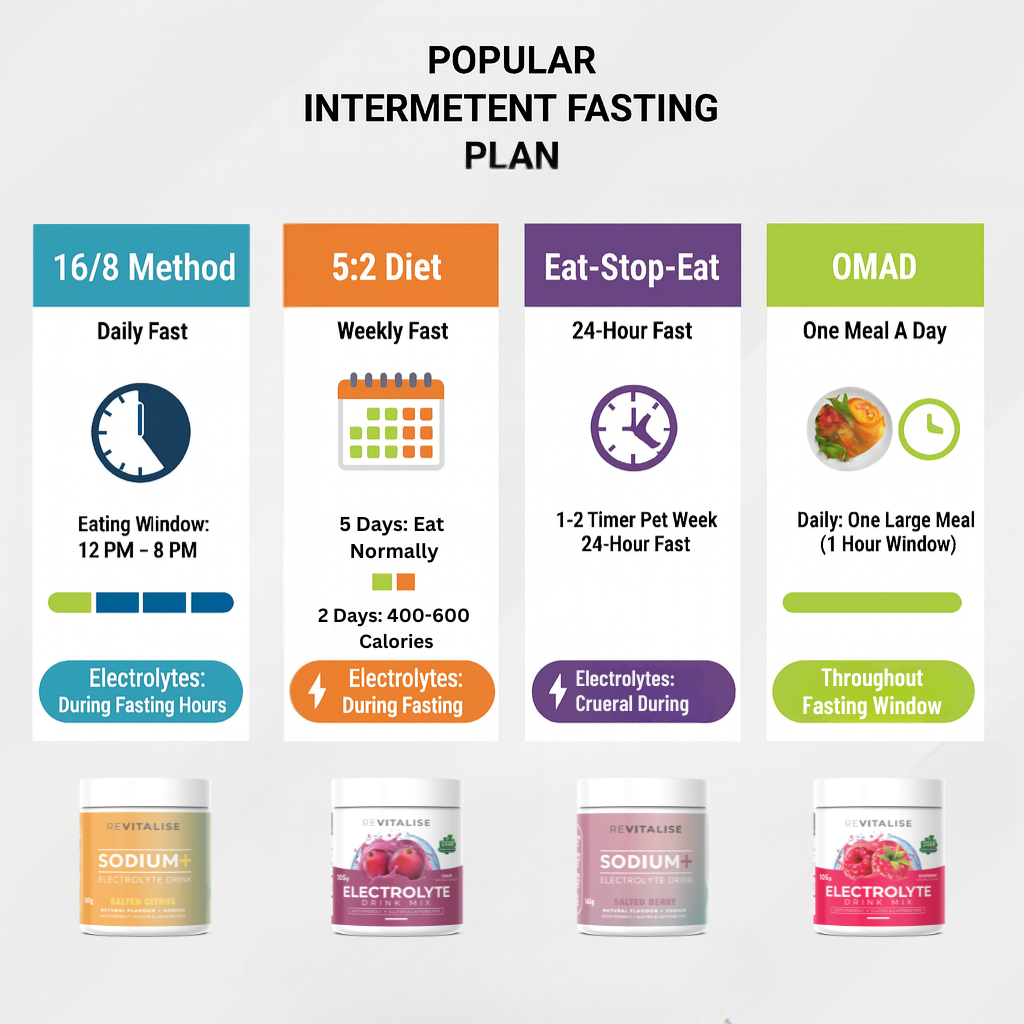
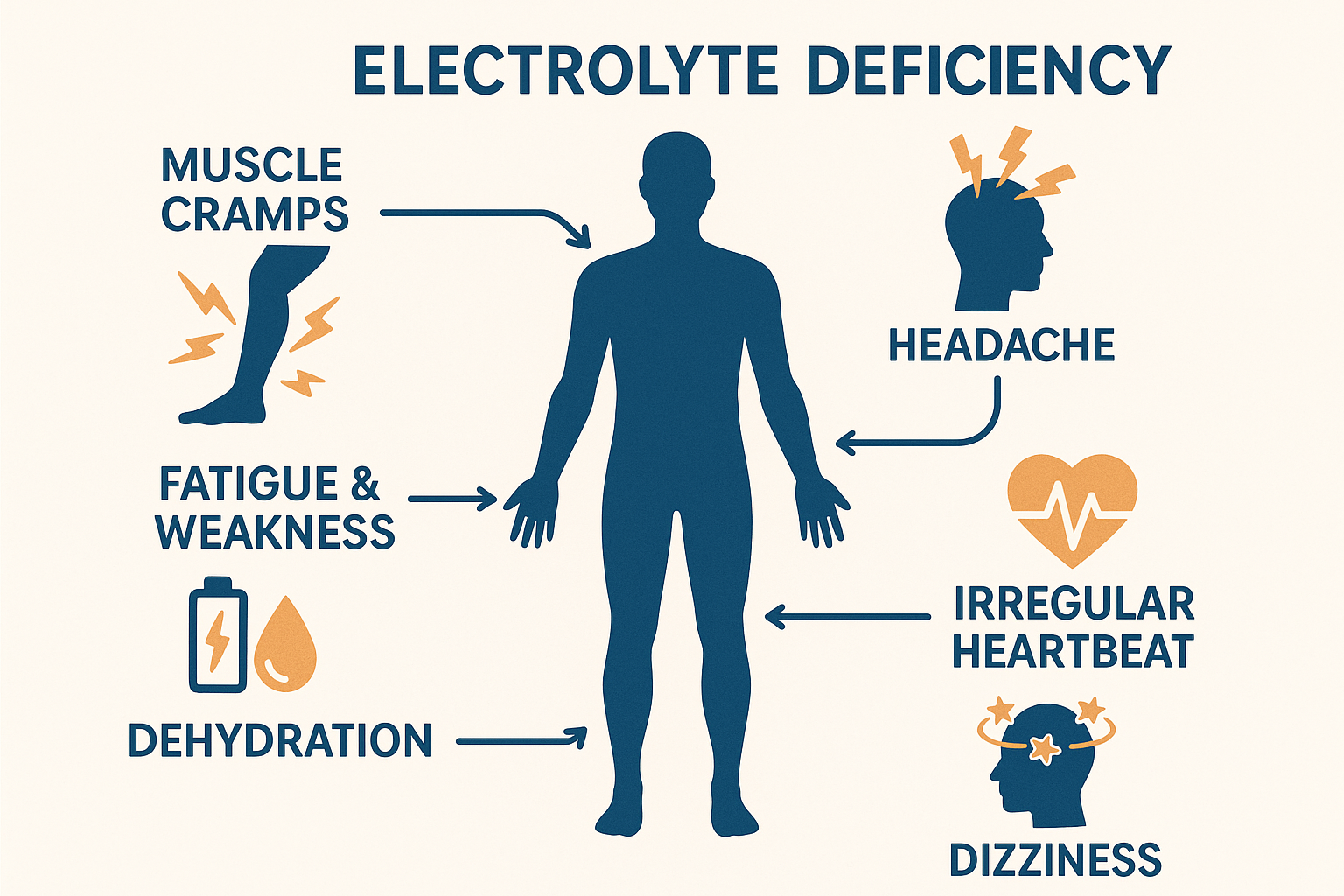
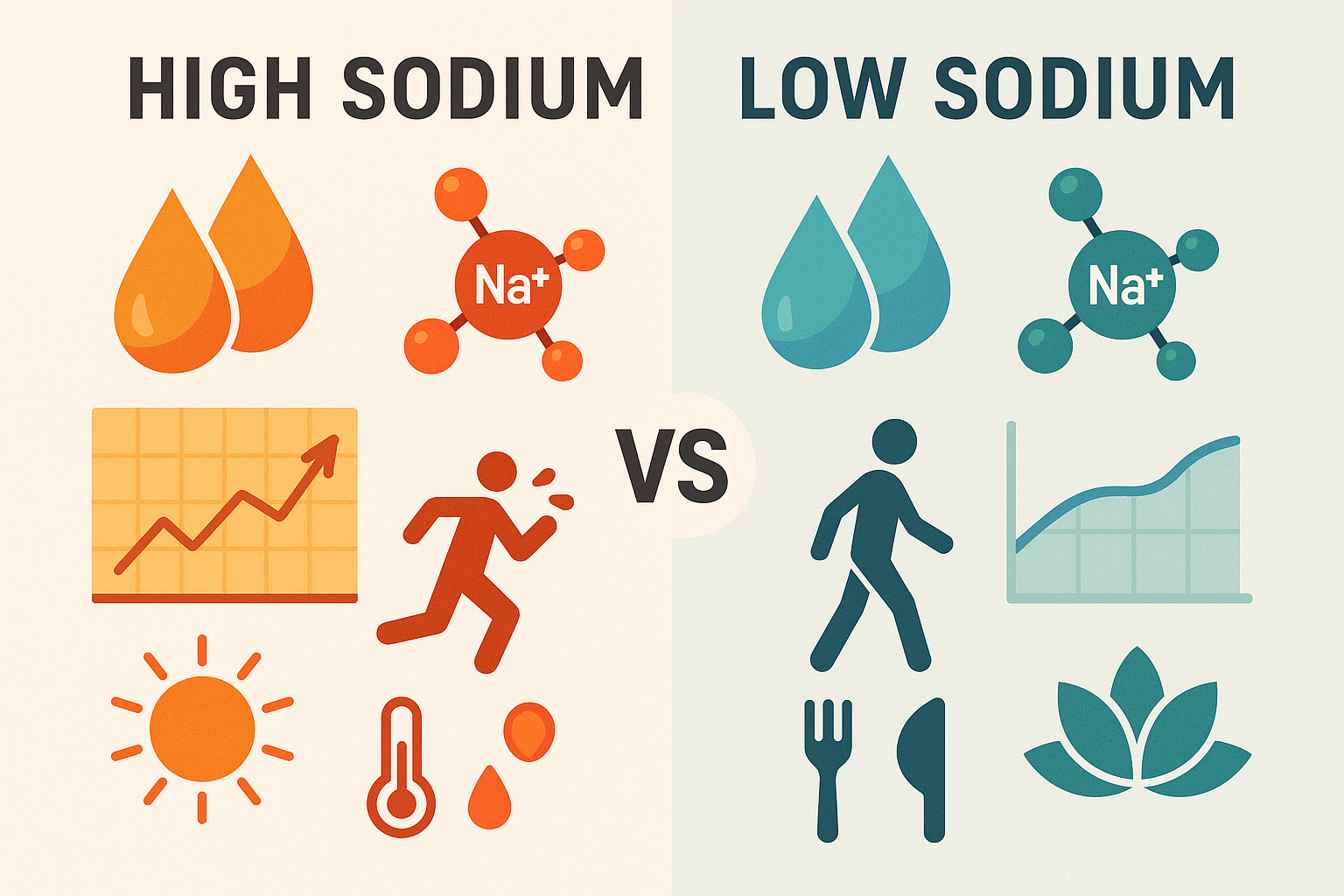
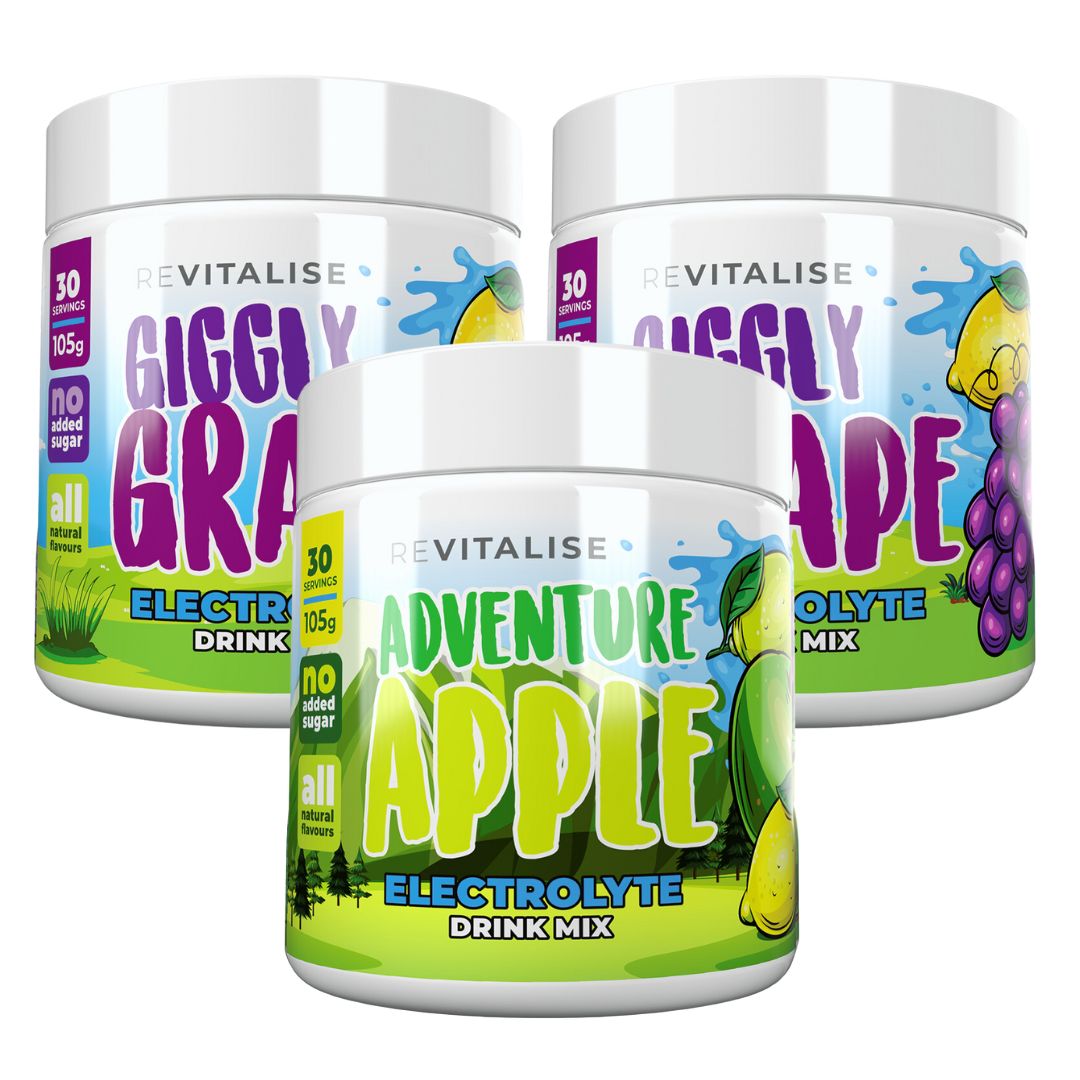


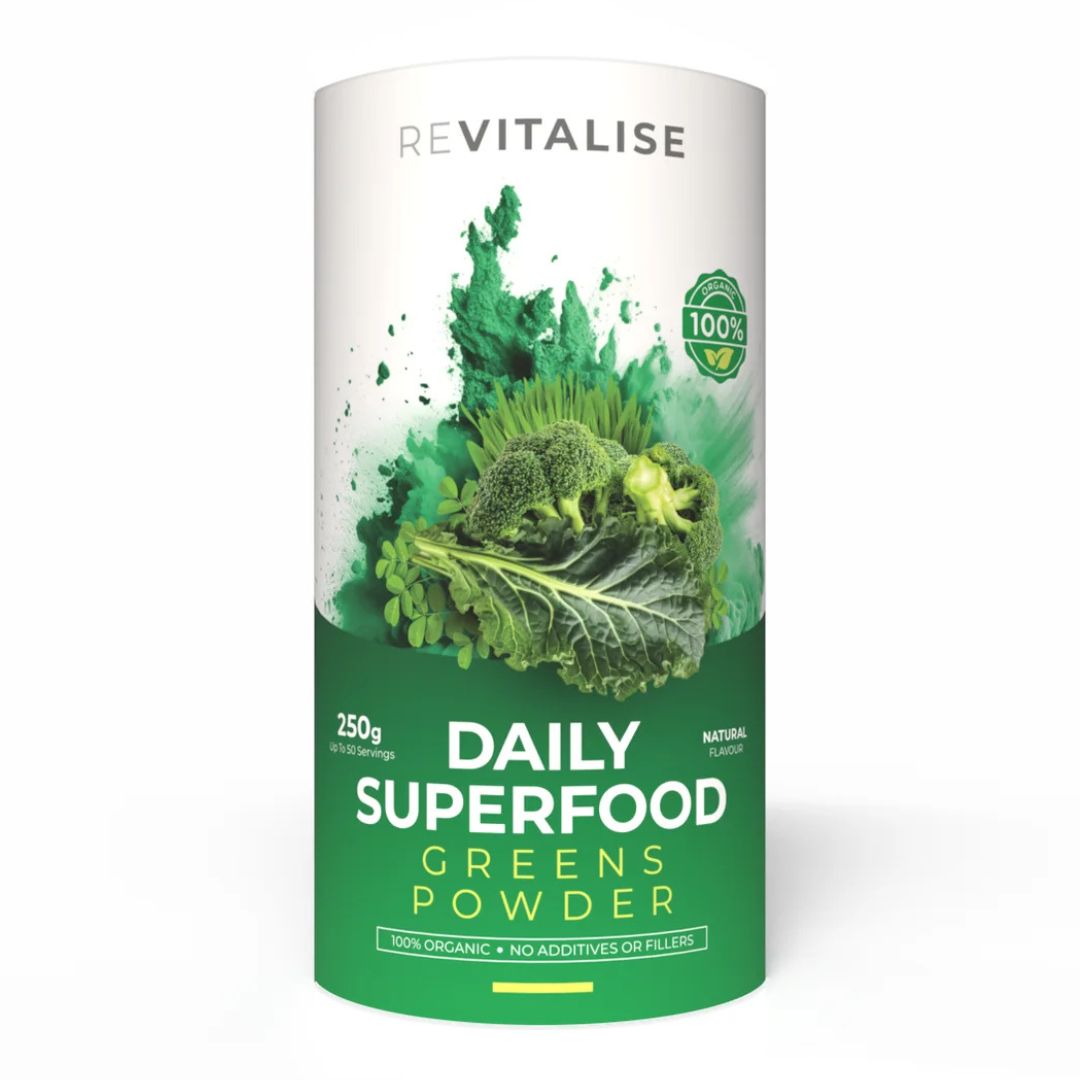
![ReVitalise Zero Sugar Electrolytes [SUBSCRIPTION]](http://revitalisedaily.com.au/cdn/shop/files/30s_LemonLime_3ea1cbec-4b35-4319-8f43-3ad8cbe7cd02.png?v=1698247645&width=1547)
